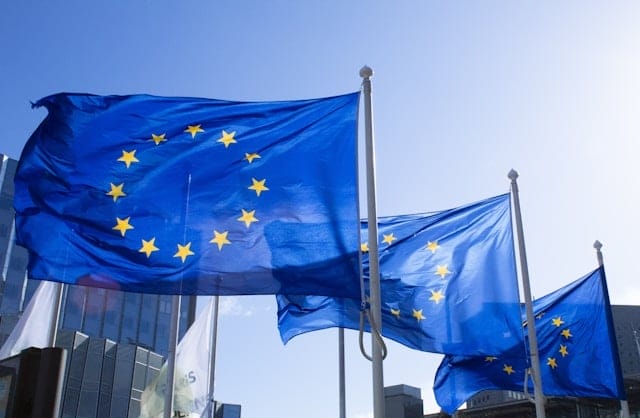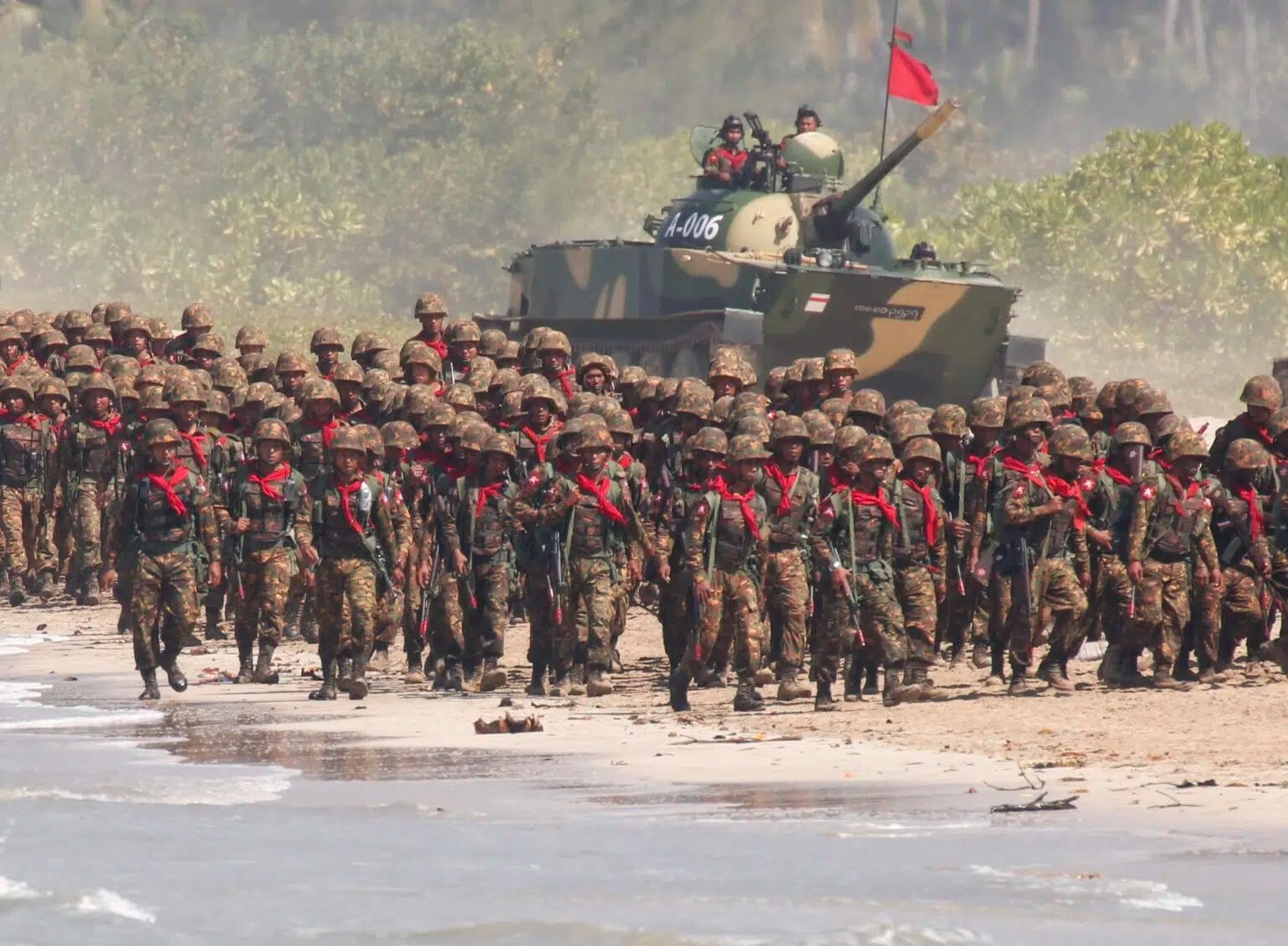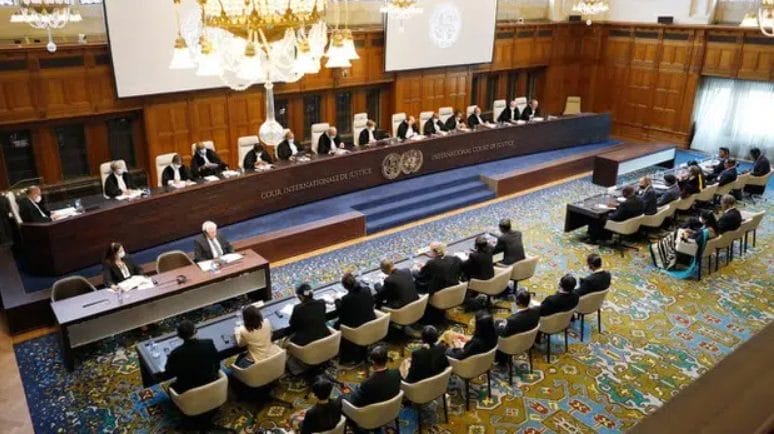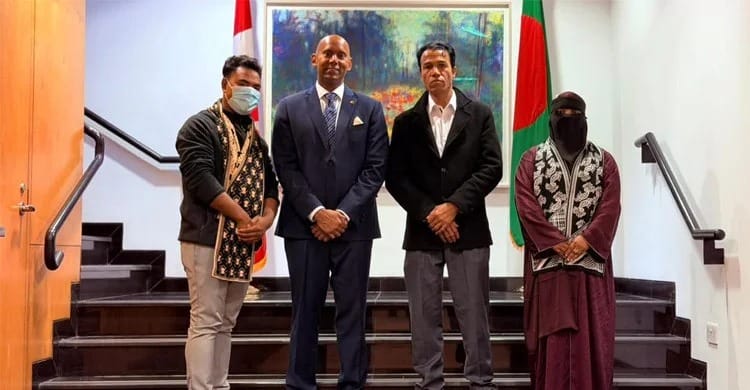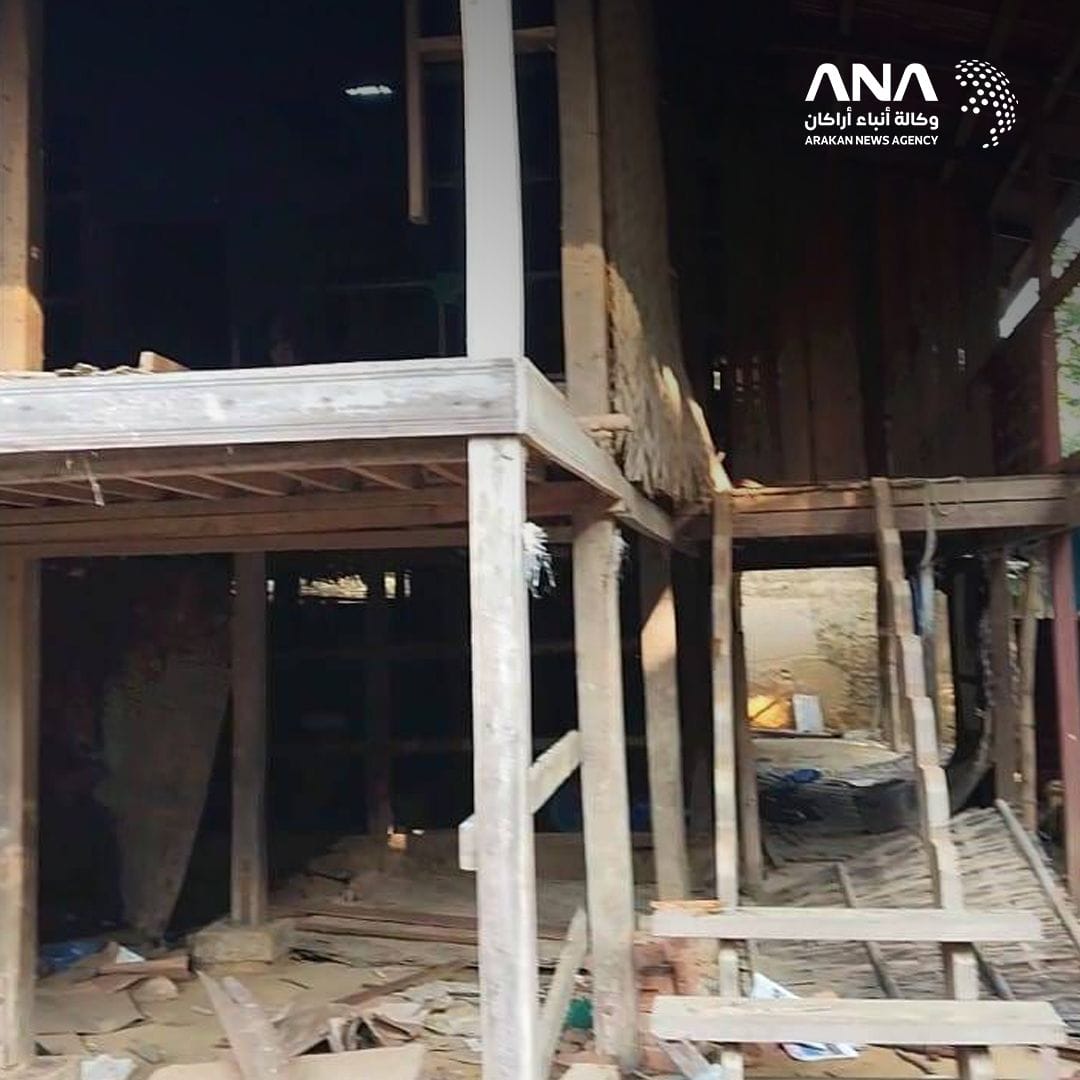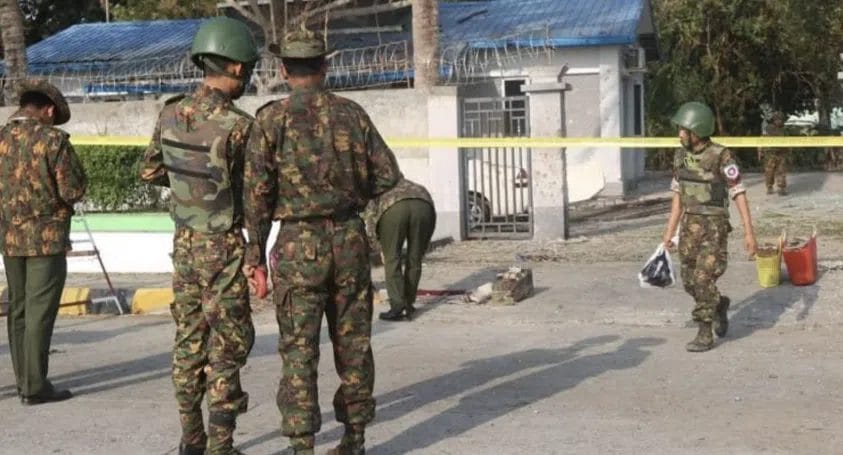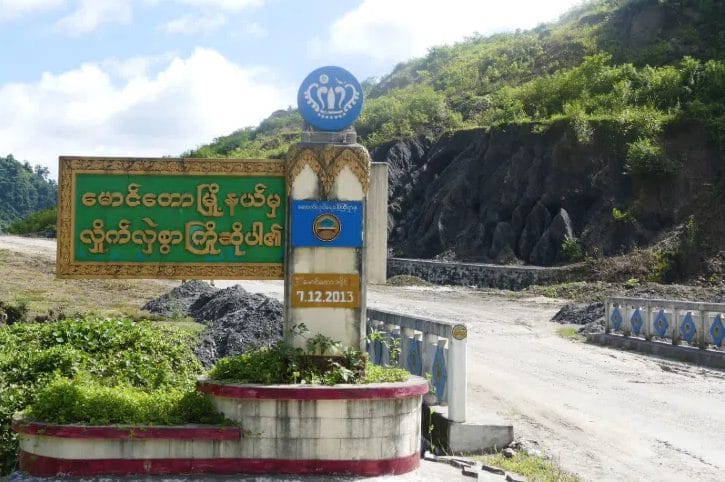Arakan News Agency
As women form 51% of Rohingya refugees in Bangladesh who fleed persecution and violations in Myanmar years ago, traumas, losing loved ones and lack of livelihoods have been of the most pressing challenges for women in Cox’s Bazar camps.
According to international organizations, women in Bangladesh camps face growing threats of gender-based violence, forced marriage, poverty, exploitation and low standards of living. Such problems were targeted by Women’s Participation Project WPP launched by the International Organization for Migration IOM as a leading project aiming at enhancing Rohingya women’s role and empowering them.
Empowerment path

WPP aims at empowering Rohingya women, improving their lives and growing their social participation and leadership through forming women committees in camps that provide support and spread awareness. The program creates learning and training opportunities, spreads awareness against violence and provides safe and supportive environment for girls and women.
Many Rohingya women, in testimonies reported by IOM, stated that their lives had been dramatically transformed as a result of their participation in the project, which provided them with skills that enabled them to generate income to support their families. They said it gave them the courage to express themselves and confront negative social phenomena and contributed to the integration of women with disabilities in community.
One member of the project’s women’s committee said that joining the project provided her with new skills, including knitting and handicrafts, which was truly transformative for her and many other women in the camps. Others explained that they had transformed from fear to confidence after the program enabled them to express themselves and speak publicly about the challenges facing women in the camp, which helped them to be a part of the solution.

IOM quoted another young woman saying that seeing her mother lead awareness campaigns in the camp changed her view of the importance of women’s participation, indicating a shift in traditional concepts among the new generation of girls. “Now, I want to participate myself and become a leader in the future,” she said.
The project has also transformed the lives of women with disabilities. “I used to feel isolated, but thanks to the project, I learned new embroidery skills and began participating in workshops. Now I help girls learn knitting and feel like I’m part of the community, one beneficiary said.
Changing Lives
Rohingya women explained that participating in WPP had a profound impact in changing their outlook on many aspects of life, including breaking the silence and eliminating the stigma associated with their experiences of abuse.

One refugee said, “In the past, I thought talking about domestic violence was shameful, but after joining the project, I learned that I have the right to protection and that I am not alone. I encourage other women to speak out and not remain silent.”
A mother participating in the project said that when she sees her daughter participating in the workshops and learning new skills, she feels proud. “She now has the ambition to become a teacher in the future, and I hope she sees the hope that I was unable to achieve when I was young”, she added.
The organization quoted a Rohingya refugee named Fatima as saying she was extremely happy to be able to provide an income for her family after learning sewing skills and selling her products to families during special occasions and holidays. This provided her with a reliable income, improved her self-sufficiency, and alleviated the severity of poverty.
Challenges Remain
Despite the inspiring success stories, the challenges facing women in the camps persist. Cultural and social barriers continue to hinder women’s progress in the camps, according to IOM, which confirmed that traditional concepts about women’s roles remain a major challenge, making it difficult to promote women’s leadership within community structures.

IOM noted that heavy reliance on humanitarian aid poses a continuing threat to self-sufficiency, which prompted the project to recommend strengthening women’s economic skills and raising awareness of the importance of women’s leadership.
The organization emphasized that its Woman’s Participation Project is not merely a humanitarian initiative, but rather a model of Rohingya women’s resilience in the face of adversity. The women’s stories confirm that empowerment begins with self-belief and that willpower can transform a painful reality into an opportunity for success.
It also noted that these stories reflect the significant changes the project has brought about in the lives of Rohingya women by empowering them economically and socially and breaking many of the cultural barriers that had previously hindered their progress. IOM added that while challenges persist, these stories remain a testament to the strength and transformation that community initiatives can bring about in the lives of refugee women.


